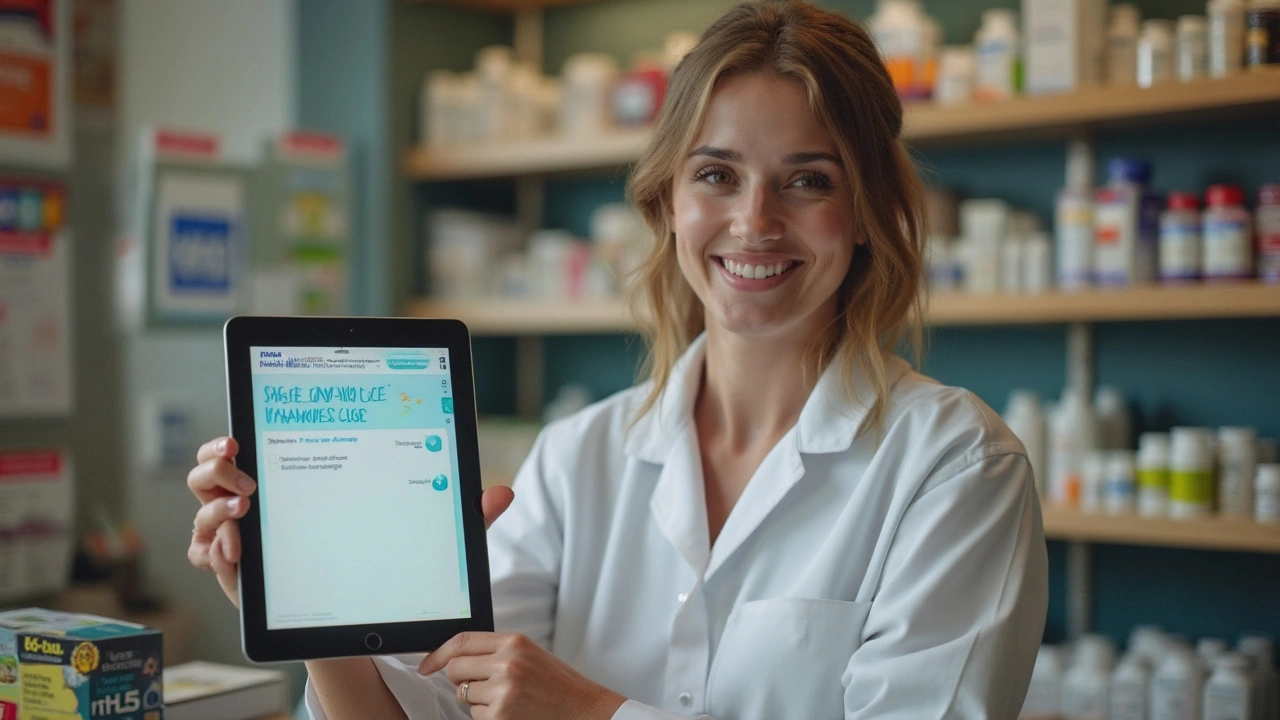Safe Online Medication: How to Buy Medicines Without Risk
Half of online drug stores are scams — know how to spot the good ones. Buying medicine online saves money and time, but it carries real risks: fake pills, wrong doses, and illegal imports. Use simple checks before you click “buy.”
Start with verification. In the US look for NABP VIPPS or LegitScript badges. In the UK check the GPhC register. In Canada verify CIPA membership. If a site can’t prove accreditation, don’t use it.
Ask for a prescription. Legit pharmacies require one for prescription drugs. If the site sells antibiotics, opioids, or muscle-building steroids without a prescription, walk away. Controlled substances often create legal trouble and health danger.
Call them. A real pharmacy lists a working phone number and answers questions. Try the number before ordering. If the phone rings endlessly or gives evasive answers, that’s a red flag.
Spot the red flags
Watch for ultra-low prices, no pharmacist contact, fake seals, and website addresses that mimic known brands. If a site accepts only wire transfers, cryptocurrency, or asks for odd personal data, stop. Secure payment with a credit card gives you chargeback options if something goes wrong.
Check shipping and packaging. Legit pharmacies use tracked shipping and proper packaging with lot numbers and expiry dates. Inspect every package when it arrives. If tablets look different or packages lack labeling and inserts, don’t take the meds and contact the seller and your doctor.
Shop smart with your doctor
Talk with your healthcare provider before you order. Share the pharmacy link and the exact product details. Your doctor can confirm drug names, doses, and possible interactions. For serious conditions or chemotherapy drugs, buy only from pharmacies your clinic recommends.
Keep records. Save receipts, order confirmations, photos of packaging, and any correspondence. These help if you must report a problem to regulators or your bank. Report counterfeit drugs to your national medicine agency; that helps protect others.
Understand import rules. Some countries allow personal imports of small amounts; others seize packages or fine recipients. Check your customs rules before ordering internationally. If you need chronic medication, consider using a verified local mail-order pharmacy instead of risky foreign sites.
Final tips: read recent user reviews beyond the site’s testimonials, verify domain registration and HTTPS, confirm a clear privacy policy, and avoid sites promising miracle cures. When in doubt, pay a little more for a verified source — that small difference can keep you safe.
Check labels and batch details on arrival. Compare pill shape, color, and imprints with reliable pill identifier tools online or your pharmacist. If anything differs, keep the pills in the sealed packaging, photograph them, and contact the pharmacy and your prescriber. Never taste or split an unfamiliar tablet.
Use trusted payment methods and keep communications. Save emails and screenshots of chat answers that mention ingredients, brand, or manufacturer. For chronic therapies, ask about continuous supply, expiry dates, and cold-chain needs for temperature-sensitive drugs. If you suspect harm, seek medical help immediately and report the issue to your medicine regulator and payment provider.
Remember: cheap pills without paperwork are false savings. Use local pharmacies for urgent needs, and schedule regular medication reviews with your doctor to keep treatment safe and effective. Ask about generics when available today.

